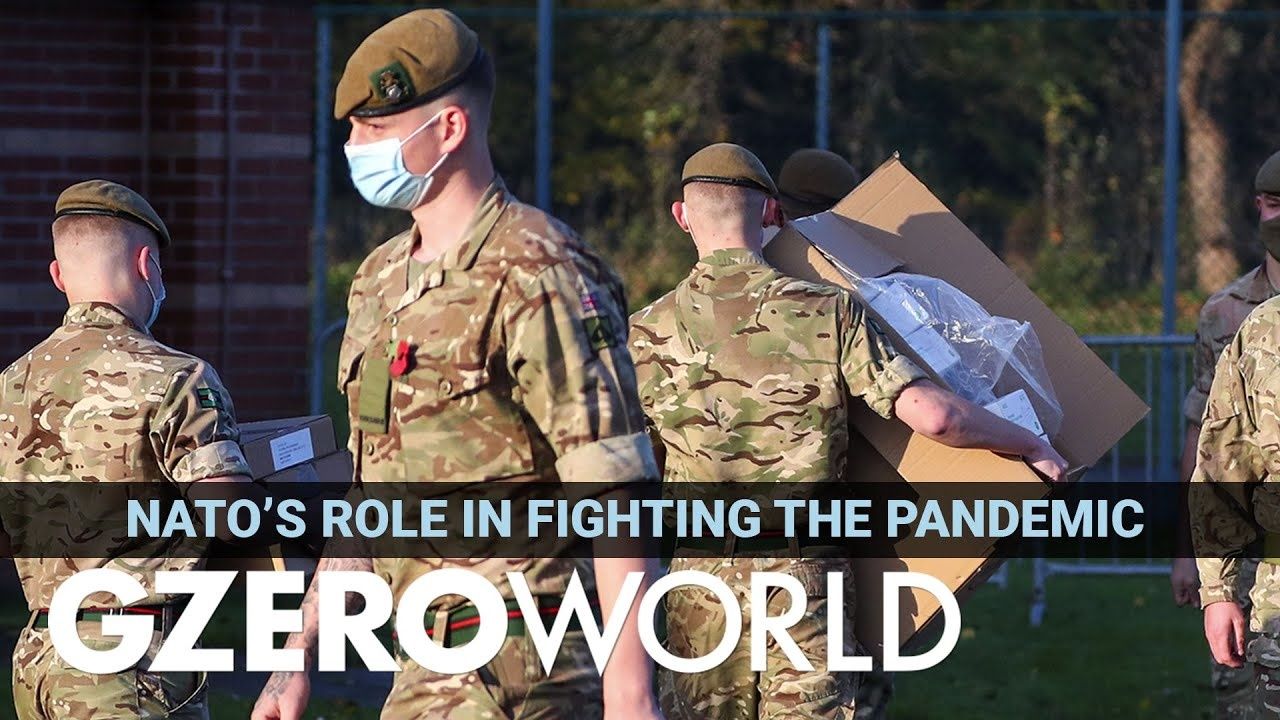GZERO World Clips
The role NATO is playing in fighting the COVID-19 pandemic

The Role NATO is Playing in Fighting the COVID-19 Pandemic | NATO Secretary General | GZERO World

What role, if any, does an intergovernmental military alliance like NATO have to play in the coronavirus pandemic? Quite a big one, says Secretary General Jens Stoltenberg. "NATO's main task…is to prevent this health crisis from becoming a security crisis." How exactly does such a big organization like NATO accomplish that mission? That's a focus of his conversation with Ian Bremmer on GZERO World.
Watch the full episode: Will NATO adapt to emerging global threats?
Walmart is investing $350 billion in US manufacturing. Over two-thirds of the products Walmart buys are made, grown, or assembled in America, like healthy dried fruit from The Ugly Co. The sustainable fruit is sourced directly from fourth-generation farmers in Farmersville, California, and delivered to your neighborhood Walmart shelves. Discover how Walmart's investment is supporting communities and fueling jobs across the nation.
President Trump’s second term has rapidly reshaped global politics, with the US wielding power more aggressively, targeting weaker countries and even allies, Stephen Walt explains on GZERO World.
Ian Bremmer breaks down a sudden and serious transatlantic crisis: President Trump’s insistence that the United States must have sovereignty over Greenland.
It’s been a year since President Trump returned to office. How has the world changed? Stephen Walt joins Ian Bremmer on GZERO World.